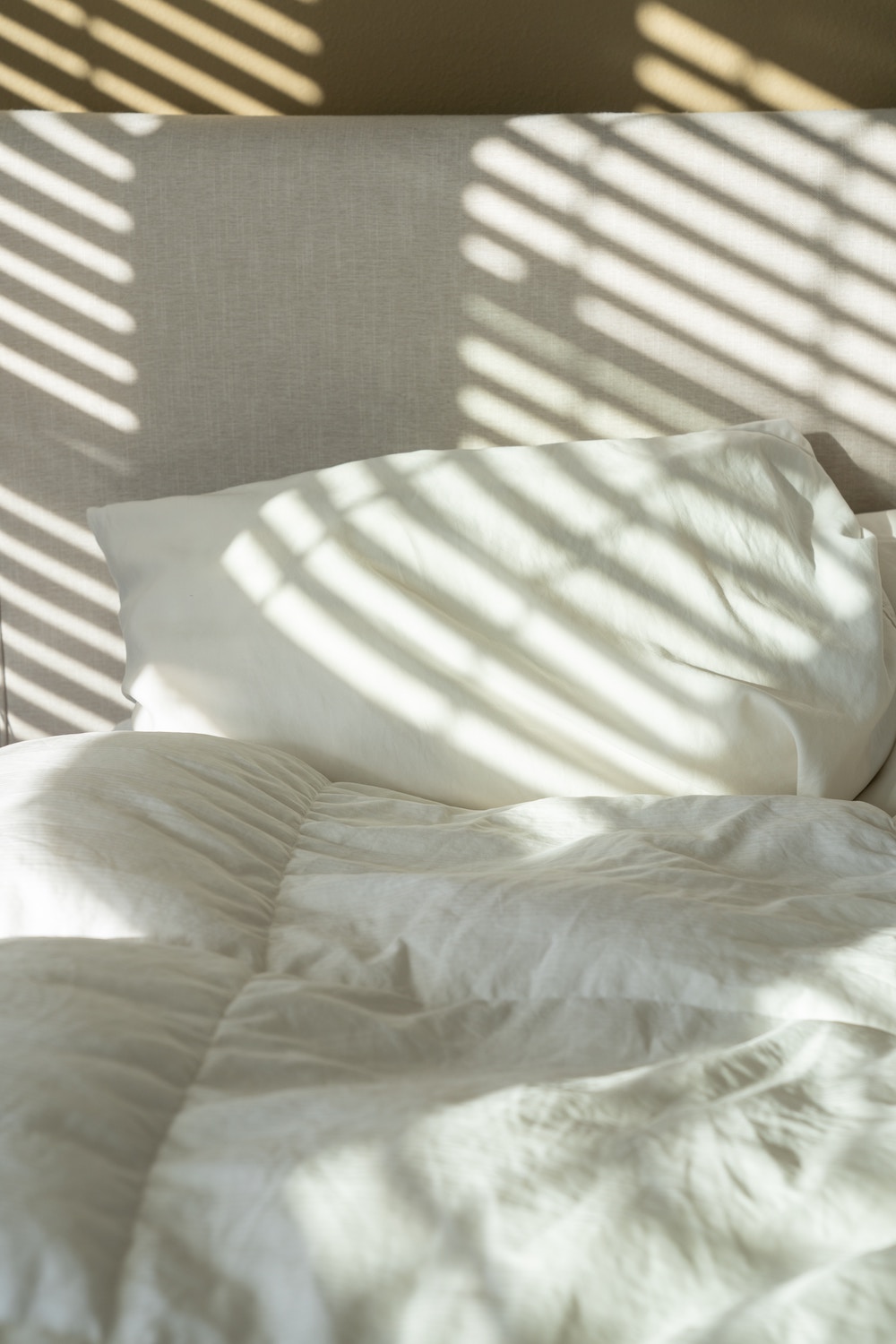We all know that getting a good night’s sleep is essential for our physical and mental well-being. Yet, many of us struggle with sleep issues, from difficulty falling asleep to waking up feeling tired. The solution may not always involve medication or drastic lifestyle changes; often, it’s about practicing good sleep hygiene. In this article, we’ll explore what sleep hygiene is and provide you with tips to ensure a restful and rejuvenating night’s sleep.
What Is Sleep Hygiene?
Sleep hygiene refers to a set of practices and habits that promote quality sleep. It encompasses various factors, including your sleep environment, daily routines, and bedtime habits. By improving your sleep hygiene, you can create an optimal sleep environment and improve your sleep quality.
Tips for Better Sleep Hygiene:
- Consistent Sleep Schedule: Try to go to bed and wake up at the same time every day, even on weekends. This helps regulate your body’s internal clock.
- Create a Relaxing Bedtime Routine: Establish calming pre-sleep rituals such as reading a book, taking a warm bath, or practicing relaxation exercises to signal to your body that it’s time to wind down.
- Optimize Your Sleep Environment:
- Ensure your bedroom is dark, quiet, and cool.
- Invest in a comfortable mattress and pillows that support your preferred sleep position.
- Consider using blackout curtains and earplugs if noise and light are issues.
- Remove electronics from the bedroom or use blue light filters to reduce screen exposure before bedtime.
- Limit Screen Time: The blue light emitted by phones, tablets, and computers can interfere with your body’s production of melatonin, a hormone that regulates sleep. Avoid screens at least an hour before bedtime.
- Watch Your Diet:
- Avoid large meals, caffeine, and alcohol close to bedtime.
- Stay hydrated but reduce liquid intake in the evening to minimize nighttime awakenings.
- Exercise Regularly: Engaging in regular physical activity can improve sleep quality. Aim for at least 30 minutes of moderate exercise most days of the week.
- Manage Stress: Stress and anxiety can disrupt sleep. Practice stress-reduction techniques such as meditation, deep breathing, or progressive muscle relaxation.
- Limit Naps: While short power naps can be rejuvenating, long or irregular daytime naps can interfere with nighttime sleep. Keep daytime naps under 30 minutes if needed.
- Mind Your Exposure to Daylight: Exposure to natural light during the day helps regulate your sleep-wake cycle. Spend time outdoors, especially in the morning.
- Avoid Clock-Watching: Continuously checking the clock when you can’t sleep can create anxiety. If you can’t fall asleep within 20-30 minutes, get up and engage in a relaxing activity until you feel sleepy.
- Limit the Use of Sleeping Pills: While medications can help in some cases, they should be a last resort and only used under the guidance of a healthcare professional.
- Consider White Noise: Some people find white noise machines or apps helpful for drowning out background sounds that may disrupt sleep.
- Seek Professional Help: If sleep problems persist despite your efforts, consult a healthcare provider or sleep specialist to rule out underlying sleep disorders.
The Benefits of Good Sleep Hygiene:
Practicing good sleep hygiene can lead to a multitude of benefits, including:
- Improved mood and emotional well-being.
- Enhanced cognitive function, memory, and decision-making.
- Increased energy levels and daytime alertness.
- Better immune system function.
- Reduced risk of chronic health conditions like obesity, diabetes, and heart disease.
Remember that improving your sleep hygiene may take time, and it’s important to be patient and consistent with your efforts. By making these simple changes to your daily routines and sleep environment, you can significantly enhance the quality of your sleep and wake up feeling refreshed and ready to tackle the day ahead. A good night’s sleep is a vital component of a healthy and balanced life.





One Response
I have insomnia that keeps me up all night can’t sleep at night and when I finally get relaxed enough to go to sleep, sleep pretty much most of my day off